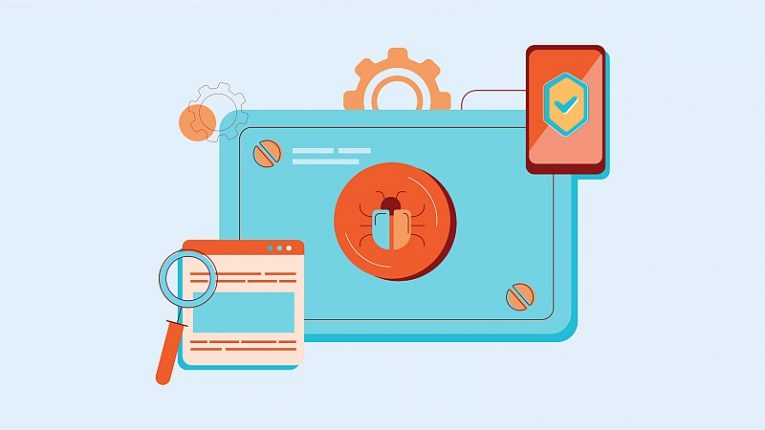Pipidae Hijacks Browsers Through Pop-Ups

Pipidea is a type of browser hijacker specifically designed for Mac-compatible web browsers. This sneaky software usually sneaks in alongside other programs and quietly becomes part of your main browser. Once it's in, your browser gets "hijacked," and Pipidea takes control, making your browser act the way it wants to. Its main goal is to flood your browsing experience with online ads.
If Pipidea has snuck into your Chrome, Firefox, Safari, or any other favorite browser you use, you've probably noticed some annoying changes. Your screen may be filled with pop-ups, banners, flashy links, and blinking messages – all thanks to Pipidea. Additionally, your usual homepage and search engine might have been replaced with new and unfamiliar ones. This is because the browser hijacker on your Mac is trying to promote these specific websites and get more people to visit them.
What Are Browser Hijackers and How Can They Infiltrate Your System?
Browser hijackers are types of malicious software designed to alter the settings of a web browser without the user's consent. These changes often include modifications to the homepage, default search engine, and new tab settings. The primary goal of a browser hijacker is typically to redirect web traffic to specific websites, often for advertising or other malicious purposes. Additionally, browser hijackers may lead to an influx of unwanted advertisements, pop-ups, and potentially compromised search results.
Here's how browser hijackers can infiltrate your system:
Software Bundling:
Browser hijackers often come bundled with free software or applications that users download from the internet. When users install a legitimate program, the bundled browser hijacker may also be installed without their knowledge.
Deceptive Installations:
Some browser hijackers use deceptive installation methods, such as misleading prompts, fake updates, or disguised checkboxes during the installation process. Users may inadvertently agree to the installation of the hijacker while installing another program.
Malicious Websites:
Visiting malicious or compromised websites can expose users to browser hijackers. These sites may use scripts or vulnerabilities to initiate unauthorized changes to the browser settings.
Infected Email Attachments:
Opening email attachments from unknown or suspicious sources can lead to the installation of malware, including browser hijackers. The attachment may contain executable files that initiate the hijacking process upon opening.
Clicking on Malicious Links:
Clicking on malicious links, especially those in phishing emails or on dubious websites, can redirect users to sites that automatically download and install browser hijackers.









